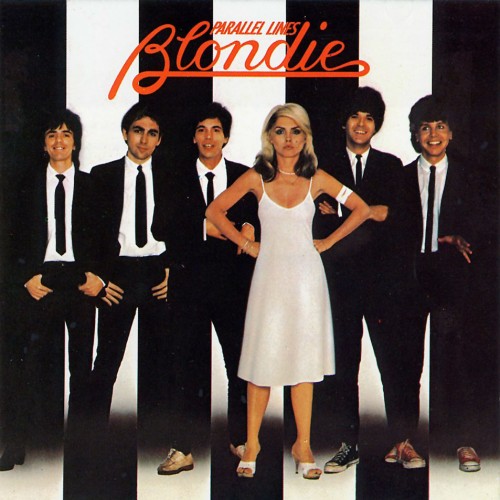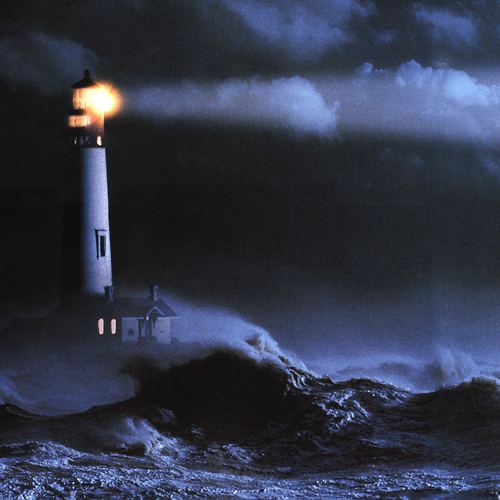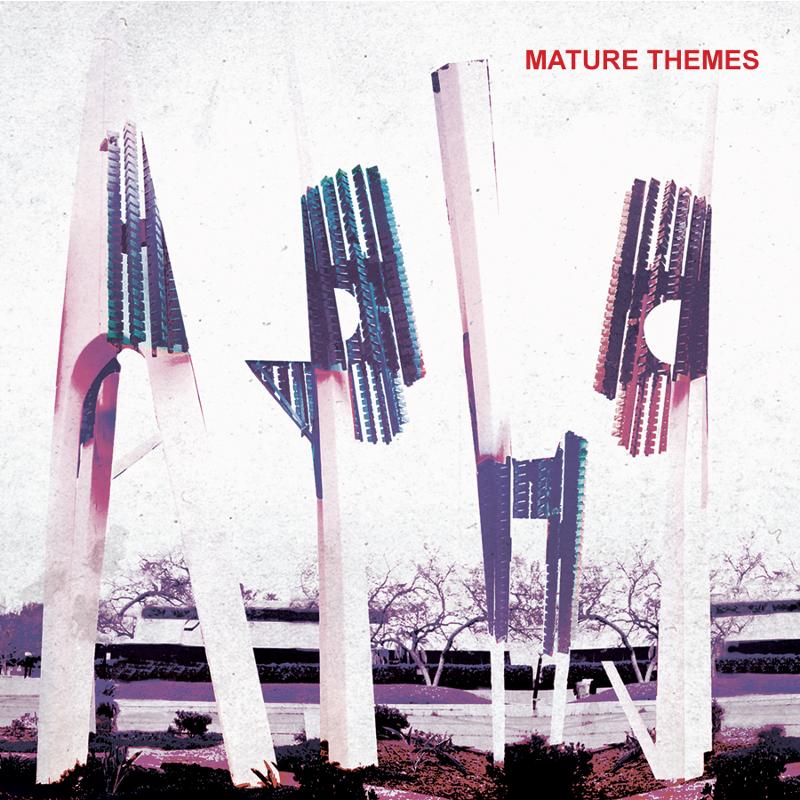In Analogs, we’ll be taking a look at two records that share some interesting parallels to an album out that week. Whether it be an album from 50 years back that bears some quiet influence, or an under-appreciated record from last week, if you like the record in question, you’re sure to like its Analogs.
This week we’re looking at analogs to Mature Themes by Ariel Pink’s Haunted Graffiti, but make sure to check out our full review.
Blondie – Parallel Lines

The most salient analogue I can think of to the non-stop hooks, old-organ-in-the-attic loopiness, and vocal nonchalance that comprise
Mature Themes would be Blondie’s landmark 1978 record
Parallel Lines. Like Ariel Pink, Debbie Harry always struck me as someone who worked very hard but also didn’t take herself too seriously, a quality which keeps the album from falling into a state of new-wave melancholy. The lonely, reflective ennui of “Sunday Girl,” for instance, is belied by its happy-go-lucky melody and blithe, girl-group-y handclaps, resulting in a song that like “Only In My Dreams,” sounds happier than it really is; the giddy arpeggios of Pink’s “Kinsky Assassin” remind me of similar passages during “One Way Or Another”; and the cool, catchy vibes of “Symphony of the Nymph,” including the detached, masculine vocal harmonies, are like a psychedelic twist on “Heart of Glass.” “11:59,” meanwhile, is a skewed take on rockabilly tropes that one can easily imagine Pink having toyed with had he been around in the late seventies. Most importantly, both albums display a confident flair for fleshing out timeless pop songwriting with rock instrumentation; they manage to simultaneously revere and mess with traditional verse-chorus-verse structure, resulting in works that exist in a kind of pop-rock etherworld, clearly song-based yet also rather abstract. Now, whether
Mature Themes eventually gains
Parallel Lines‘s cultural cachet remains to be seen. For the time being, however, they’re both immensely enjoyable listens that unexpectedly complement each other in ways neither artist could probably predict.
— Josh Becker
John Maus – We Must Become The Pitiless Censors of Ourselves

Gloom-pop intellectual John Maus is often, appropriately, mentioned in the same breath as his friend and former collaborator Pink. The collective works of both Maus and Pink have always tread similar lines, in their cracked lo fidelity composition. Maus’ doomy pop songs have always held an intelligent underpinning despite deceptively simple lyrics. On
Mature Themes, you’ll find many dismissing the surface level inanity of tracks like “Kinski Assassin” and “Schnitzel Boogie” as the same sort of simplistic jokey pastiche as Maus’ 2011 effort
We Must Become The Pitiless Censors of Ourselves. Though Maus’ works are more marked by ideological themes of what pop songs themselves mean,
Mature Themes itself contains the answers to those who might slander it for its lyrical simplicity. With both Maus and Pink you could easily take cursory listens to their records and read their bizarre interview clippings and dismiss them with the ever reductive tag of ‘wacky’. If you give the time to the records, both
Mature Themes and
We Must Become Pitiless Censors… will reveal their deeper thematic implications.
— Colin Joyce



